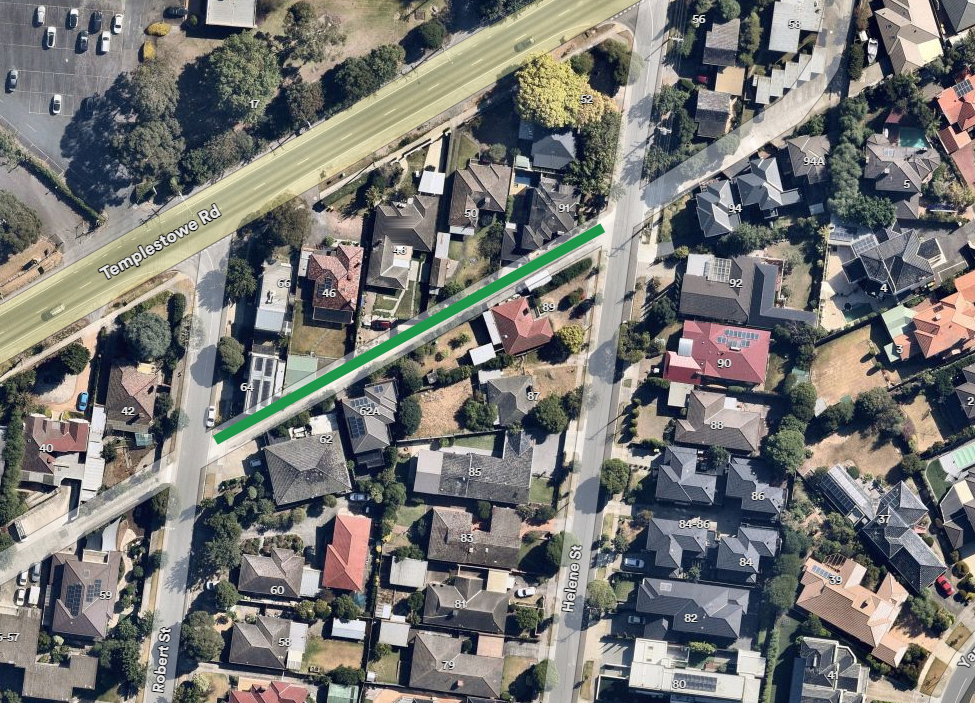Pet owners facing crisis situations, including those who are victims of domestic violence, are suffering from a lack of support services needed to protect them.
A new review of international research evidence and Australian policies by James Cook University PhD candidate Jasmine Montgomery and Associate Professors Janice Lloyd and Zhanming Liang examined the scientific literature on the human-animal bond and situations of separation in scenarios involving domestic violence, homelessness and natural disasters.
“When people are being forced to separate in the context of a crisis situation, such as natural disaster, homelessness or domestic violence, it can result in psychological distress and the risk to their health, and well-being and safety are really impacted,” Ms Montgomery said.
“Sadly, the review also confirmed that a common outcome for pets in cases of domestic violence was maltreatment and/or death.”
Ms Montgomery said the concern for pets’ safety and wellbeing and a lack of support are key factors that make people reluctant to flee their home when affected by domestic violence.
“In a lot of cases of domestic violence, there is evidence to suggest that people will delay leaving their relationship to protect their pet,” she said.
“This is often because there’s a lack of shelters or housing places which can accommodate pets, or a lack of trust placed in formal support systems that they won’t be separated from their pet.
“In those cases where threats to pets are made, victims can be lured back by the perpetrator which places significant risk to their safety as well.”
Natural disasters were equally challenging, with the possibility that a person would return for their pet during a period of danger or stay behind to protect their pet – putting themselves and others at risk.
Tellingly, the review found human “superiority” and disparities over who is responsible for pet welfare were embedded in systemic supports for people and their pets needing help during a crisis.
Ms Montgomery said a shift in mindset was needed to factor in the needs of pets, and the complexities they entail, when it came to planning for crisis situations and providing services that support victims at these times.
“Often, it’s expected people will choose human interests over animals at all costs, without consideration of the shared human-animal bond,” she said.
“What we need to start doing is taking our pets, and the value of our pets, very seriously. And, as a collective in the community, sharing that responsibility and placing the needs of pets in those areas of policy development, legislation, service provision and housing to help prevent unacceptable outcomes such as animal maltreatment or death.”
Ms Montgomery said she was now conducting a nationwide, qualitative study of forced separation from animals in domestic violence scenarios in order to confirm the service gaps of current support systems in place for victims and their pets.
“I’m hopeful the study will develop recommendations that inform a national policy framework to provide that support in the domestic violence and animal welfare sector,” she said.







